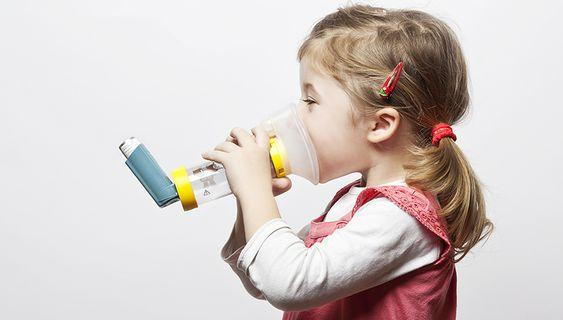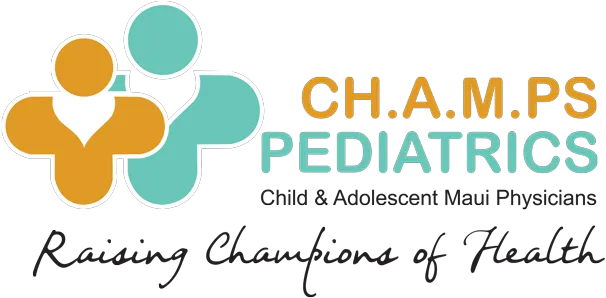
Dr. Irene Papaconstadopoulos, MD FAAP
Is my child at higher risk for getting sick from COVID19 if she is diagnosed with asthma?
There is still a lot we don't know about COVID-19. People with chronic health conditions appear to have a higher risk of more severe illness if they get COVID-19. Having your child’s asthma under control is especially important now. We want to prevent children from needing emergency department care when possible. But, if your child is having an asthma attack, don't delay seeking immediate medical care.
How do I know if my child's asthma is well-controlled?
Having uncontrolled asthma is an important risk factor for an asthma attack.
Symptoms of poorly controlled asthma may be:
Daytime coughing and/or wheezing for more than 2 days a week
Nighttime waking due to coughing or wheezing
Rescue inhaler needed more than 2 times a week
Limitation of physical activity due to asthma symptoms
Asthma guidelines have been updated!
For safety, GINA no longer recommends the treatment of asthma in adolescents and adults with SABA (Short-acting beta-agonists - like albuterol) ONLY. Instead, to reduce their risk of serious exacerbations, all adults and adolescents with asthma should receive IN ADDITION to albuterol, either symptom-driven (in mild asthma) or daily inhaled corticosteroid (ICS)-containing treatment. Talk with your pediatrician if you have to update your written asthma action plan.
With COVID-19, what is the best form of asthma medication to give: an inhaler or nebulizer treatment?
It may be safer to use an inhaler with a spacer. Using a nebulizer, which turns liquid medicine into a mist, for albuterol treatments, may increase the amount of virus in the air if the person has COVID-19. This could spread the virus to others more easily, since the virus may stay in air droplets for up to several hours. Inhalers are an appropriate alternative especially for moderate asthma managed at home. Children should be trained to use inhalers always with a spacer. Used properly, either method is equally effective. It's important for people with asthma to talk with their health care providers about what delivery method is best for them.
How can I help prevent my child from having an asthma attack during the pandemic?
Every child with asthma should have a written asthma action plan from their Pediatrician. Help your child follow their plan and take their controller medications if prescribed. Know when to step up care and when to call your pediatrician according to your written asthma action plan. During your well check-up, your doctor will discuss this plan, and depending on your child’s age may request a Pulmonary function test.
Especially during these stressful times, preparation beats panic.
Currently in the office we are not conducting pulmonary function tests due to the risk of COVID19 exposure. We will post updates once this changes, as we plan to offer this service
Source:
GINA 2019: a fundamental change in asthma management
Helen K. Reddel, J. Mark FitzGerald, Eric D. Bateman, Leonard B. Bacharier, Allan Becker, Guy Brusselle, Roland Buhl, Alvaro A. Cruz, Louise Fleming, Hiromasa Inoue, Fanny Wai-san Ko, Jerry A. Krishnan, Mark L. Levy, Jiangtao Lin, Søren E. Pedersen, Aziz Sheikh, Arzu Yorgancioglu, Louis-Philippe Boulet
European Respiratory Journal 2019 53: 1901046; DOI: 10.1183/13993003.01046-2019
